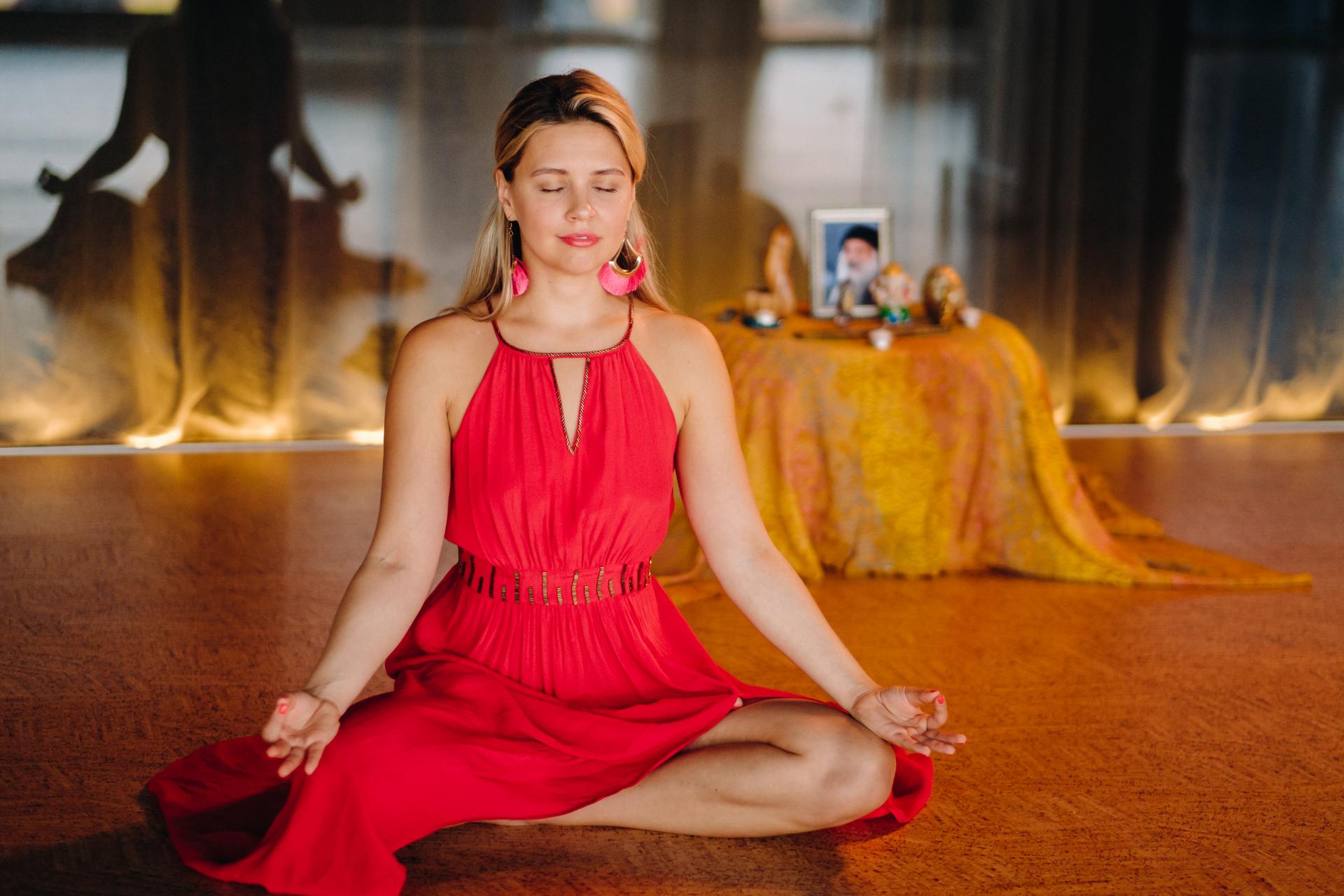Self-Care: The Key to Preventive Mental Health

When we talk about mental health, the conversation often begins once things have already reached a crisis point. When stress spirals into burnout, worry deepens into anxiety, or low mood becomes harder to shake. But what if we shifted the focus earlier? What if we treated self-care not as a luxury or an afterthought, but as a preventative strategy for protecting our wellbeing?
At Happio, we see self-care as the foundation of mental health. Small, consistent practices, whether that’s journaling, mindfulness, or simply pausing to breathe, can act as protective factors. By incorporating these into our everyday life, we give ourselves a stronger foundation to face whatever challenges come our way.
Why Self-Care Matters
Everyday stressors are unavoidable: family pressures, financial worries, work demands, or the constant comparison of social media. While these can’t always be controlled, the way we respond to them makes all the difference. Without self-care, stress accumulates. With it, we’re more likely to stay grounded and resilient.
Self-care works because it:
Strengthens resilience: Techniques such as journaling or grounding exercises help reduce overwhelm and improve clarity. Encourages awareness: Mood tracking helps us recognise early warning signs of stress, burnout, or anxiety.
Creates balance: Even short pauses, three minutes of mindfulness or gratitude, restore perspective and calm. These habits aren’t about avoiding problems altogether. They’re about creating space to respond differently, so challenges don’t escalate into crises.
The Role of Digital Tools
Modern life rarely leaves time for long wellness rituals. That’s where digital mental health tools provide real value. On Happio, users can: Log mood check-ins to understand patterns over time.
- Explore CBT-based journaling prompts that challenge negative thinking.
- Try short guided meditations for quick resets during a busy day.
- Access soundscapes and sleep tools to support rest and recovery.
Because self-care needs to be effective in real life, these features are designed to integrate seamlessly into various lifestyles. A new parent might only have three minutes during nap time, a graduate trainee might squeeze in a grounding technique between shifts, and a manager could use team check-ins to prevent workplace burnout. Whatever the context, self-care becomes both possible and practical.
Building a Preventive Culture
Self-care isn’t only about the individual; it’s cultural. When workplaces encourage wellbeing breaks, teams become more resilient. When families normalise taking time for rest, children learn healthy patterns from an early age. And when communities share their experiences and routines, stigma decreases, and support grows stronger.
Preventative care means making wellbeing part of everyday life, not waiting until we’re at breaking point to act.
A Practical First Step
There’s no one-size-fits-all approach to mental health, but there are simple first steps everyone can try:
- Journaling a few thoughts before bed.
- Take a mindful breath before a meeting.
- Checking in with your mood at lunchtime.
These may seem small, but over time, they create a protective buffer against life’s pressures.
At Happio, we believe there’s no magic wand for mental health. But there are tools, practices, and communities that make every day more manageable, and every challenge a little lighter. With the proper support, self-care can become more than a buzzword. It can become an everyday habit that ultimately protects our well-being.